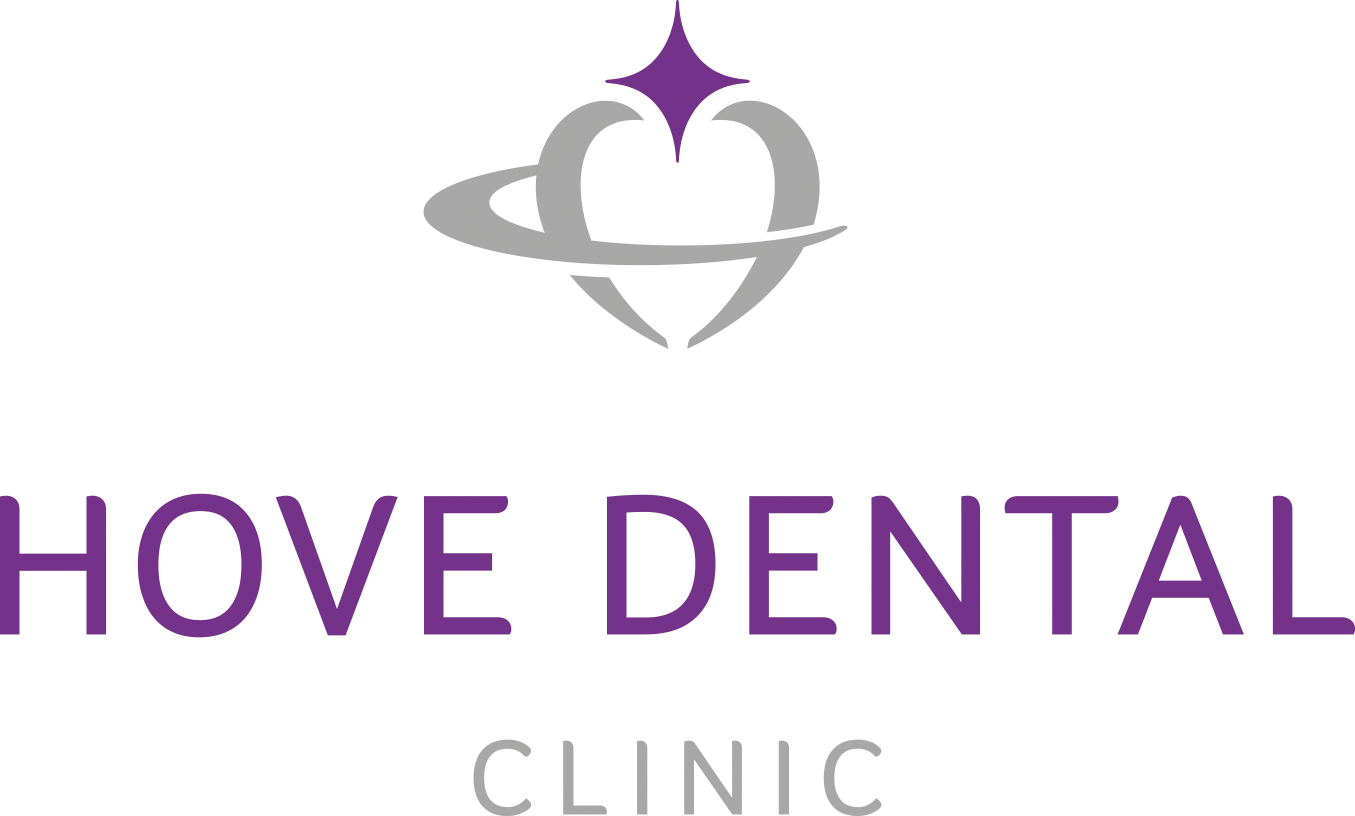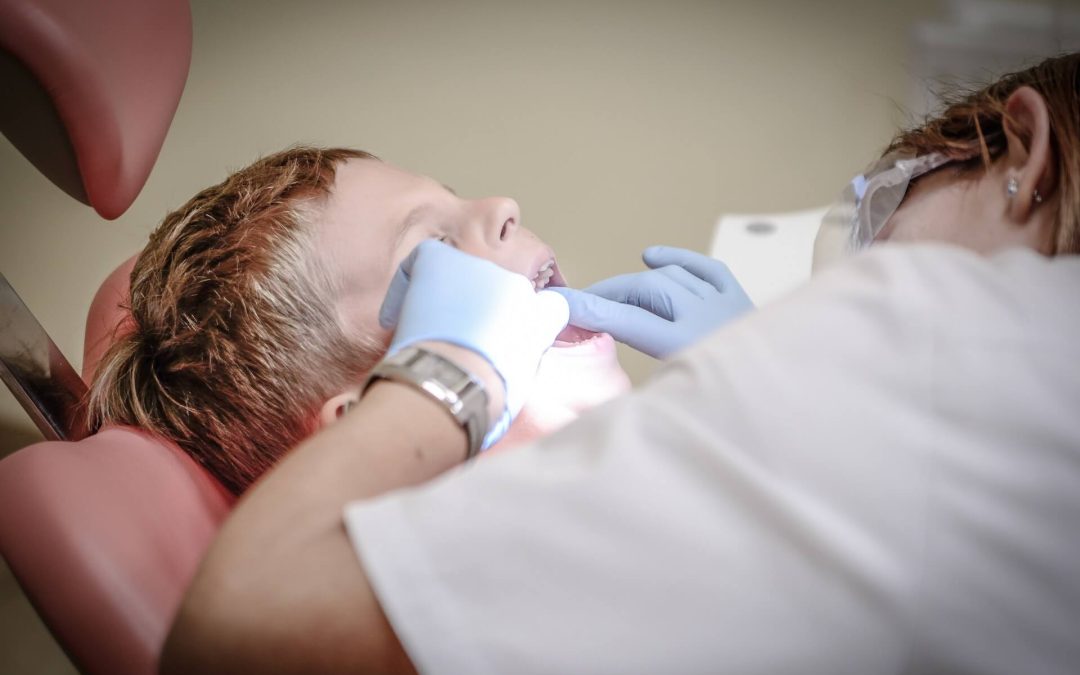Teeth grinding (which dentists call bruxism) is the process of clenching or grinding teeth together, it is common in children and adults. People can experience teeth grinding at night or during the day. Grinding teeth in sleep can be more difficult to detect or treat, as it is less noticeable than daytime grinding.
Some of the most common signs of an issue with bruxism and problematic teeth grinding include the following:
- Damage to the teeth: Signs of a child or adult grinding their teeth may include tooth damage. In children, teeth grinding at night may be less noticeable – especially as their teeth are constantly developing.
- Sore jaw muscles: Whether you are clenching or grinding teeth at night or during the day a common side effect is facial pain and an aching sensation in the jaw joints (which dentists call the temporomandibular joints).
- Earache and headache: Consistent teeth grinding at night can easily lead to headaches and earaches upon waking. If you often wake up with a morning headache or have a sore ear you may be grinding your teeth in your sleep.
Typically, major damage such as broken teeth or fillings is only seen in the most severe and persistent cases. If you are experiencing higher levels of pain or observe increasing sensitivity in the teeth due to them wearing down and rubbing against each other you should see a dentist as soon as possible.
We offer excellent bruxism treatments that include innovative Sleep Clench Inhibitor mouth guards, which are one of the simplest, convenient and most effective ways to treat sleep bruxism and stop grinding your teeth at night.
You will see that our team members are experts in delivering treatments for a range of patients, including those who are nervous or have fears regarding dental treatment, when you visit our modern, incredibly well-equipped clinic.
You can easily book an appointment if you are in the Brighton and Hove area by getting in touch with us today.
What Are the Causes of Teeth Grinding?
In children, teeth grinding is commonly a developmental phase and something that they will grow out of as their adult teeth form. If adult teeth form with an abnormal bite this can also increase the likelihood of teeth grinding.
Anxiety and stress are common underlying conditions of many people who experience bruxism. Sleep grinding in children may also be caused by stress and anxiety. If you have the underlying causes of the stress and anxiety treated by a doctor the teeth grinding may stop without further treatment.
Certain medications can also cause teeth grinding, notably selective serotonin reuptake inhibitors (SSRIs) – a commonly used antidepressant. Recreational drugs such as cocaine, methamphetamine and ecstasy can also cause teeth grinding.
Another common cause of teeth grinding at night is sleep disorders, most notably sleep apnea.
Are There Any Ways to Treat Teeth Grinding At Home?
Although a professional treatment by a dental or medical professional may be the most effective for treating severe cases, there are several practical things you can do to help prevent teeth grinding – or at least reduce its frequency and intensity.
To lower your chances of experiencing teeth grinding, especially at night, you can try the following simple home remedies and lifestyle changes:

- Avoid caffeine: Too much caffeine can make a person jittery and nervous, which may lead to teeth grinding. Tea, coffee, sugary colas and energy drinks often contain large quantities of caffeine and other stimulants.
- Avoid alcohol: Consuming alcohol may increase your chances of experiencing sleep apnea, which has the common side effect of teeth grinding. Eliminating or limiting alcohol consumption may help a lot.
- Avoid tobacco: Smoking tobacco can cause a range of problems for your dental health – as well as other potentially dangerous health problems. The nicotine stimulant in tobacco can easily cause stress and teeth grinding.
- Sleep hygiene: Sleeping in a dark, comfortable room, having a set bedtime routine to unwind gradually and getting up or going to be at the same time each day can improve sleep quality and lower the likelihood of teeth grinding.
The above changes can help to improve your overall health as well as the issues of teeth grinding. However, if you have severe tooth damage, an audible grinding sound or persistent symptoms then a professional treatment may be necessary.
What Dental Treatments Are Available for Teeth Grinding?
If you have ongoing problems that result from teeth grinding or are taking a medication that is essential for the treatment of another medical condition, teeth grinding may be difficult to stop via home remedies alone. In these cases, pursuing a full dental treatment may be the most effective solution.
Most dental treatments involve using a mouthguard. Fitting a mouth guard such as the Sleep Clench Inhibitor will do the following to help treat teeth grinding:
- Reduce pressure on the teeth
- Reduce pressure on the jaw bone
- Limit contact between the posterior and canine teeth in the mouth
Using a mouth guard will make it much less likely that teeth grinding will cause a problem while asleep. The procedure of fitting a mouth guard is also very quick – it usually only takes about 15 to 20 minutes. After fitting, you will have a bespoke mouth guard perfectly matched to the shape of your teeth.
If you grind your teeth only during certain situations or at certain times of the day you may also be a candidate for a mouth guard – but tracking, avoiding certain stressful situations and other habits are usually simpler to implement in this case.
Teeth Grinding is Common and Usually Not a Big Problem
In children, teeth grinding will normally pass as their adult teeth form. Occasional teeth grinding may not be an issue and can be helped by controlling lifestyle factors that might worsen the condition. In severe cases or for persistent bruxism, a mouth guard treatment can tackle the problem with a high level of efficacy.Finding a permanent solution to your dental issues can be difficult in many cases. However, we specialise in finding long-lasting, pain-free solutions to almost any condition in our Brighton and Hove-based clinic. If you would like to book an appointment to treat teeth grinding or another condition – simply get in touch.
FAQs and Useful Information About Teeth Grinding
The following are some common questions and further details on teeth grinding and the services we provide:
Please feel free to get in touch with us to book an appointment today.
01273 900933
hello@hovedentalclinic.co.uk
Mon – Fri: 8:30 – 18:00
Sat: By appointment only
Sun: Closed






















